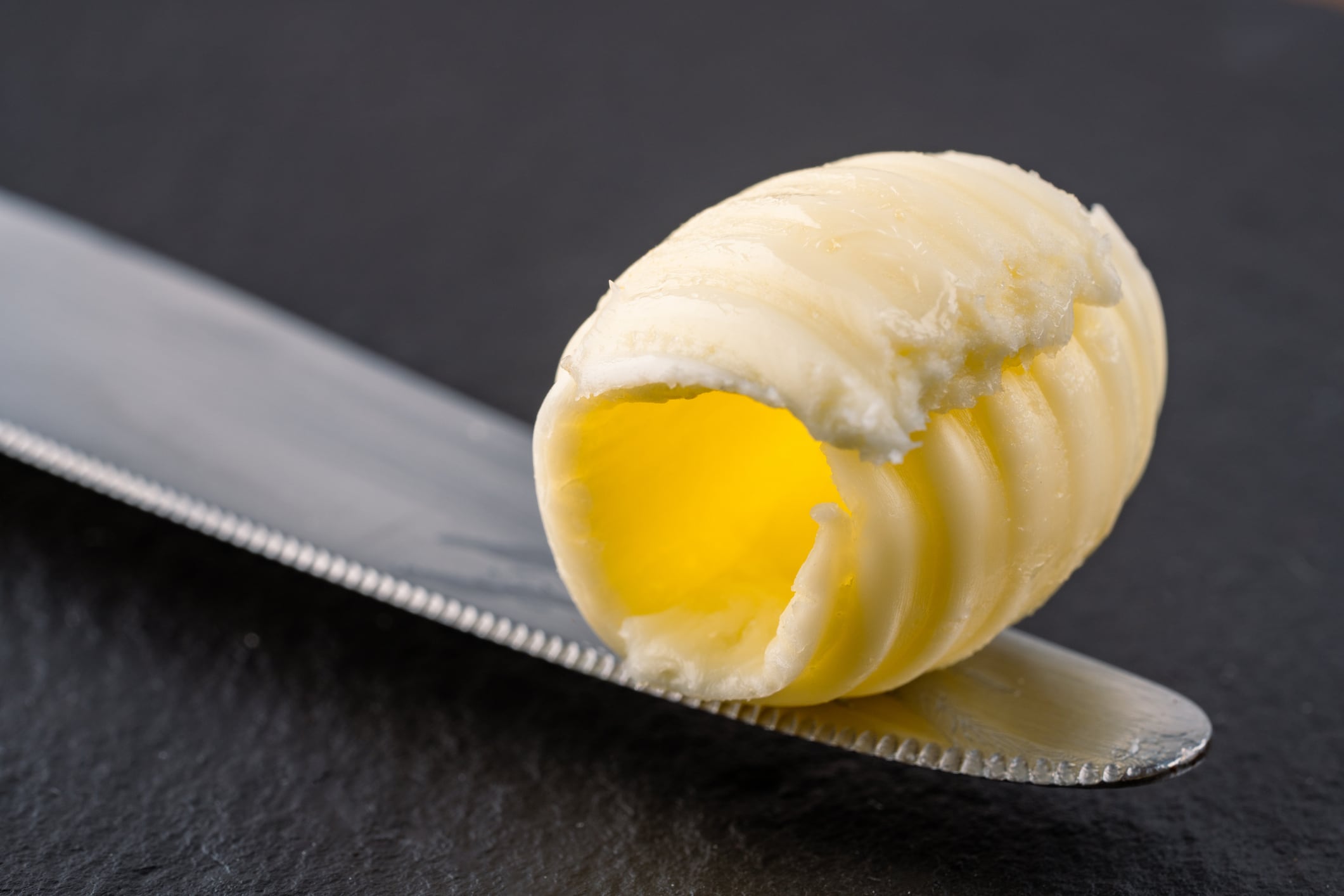Upcycled ingredients are hot property. So are functional ones with major health credentials. So when a new ingredient that combines the two receives novel food approval from the European Food Safety Authority (EFSA), it’s big news.
In its US headquarters, Kensing is celebrating for this exact reason. The ingredients supplier’s new plant sterols, developed from sunflower seeds in its Spanish facility, can now be used by food, beverage and supplement brands as an alternative to soy, rapeseed or pine-based sterols.
And importantly, the ingredient – coined Sunvasterol – is clinically proven to cut cholesterol.
What are phytosterols and how are they made?
Plant sterols, otherwise known as phytosterols, are lipid molecules structurally similar to cholesterol but naturally found in plant seeds. Food and beverage manufacturers use plant sterols to help consumers lower ‘bad’ cholesterol, and in some formulations they add texture and stability.
The most common plant sterols are made from soy, rapeseed and pine tree resin. But with Kensing’s novel food approval, sunflower phytosterols made from a byproduct of sunflower oil production are now available too.
How exactly are they made? During the refining of sunflower oil, a byproduct called vegetable oil distillate is generated during a refining step that removes odors, explains Nida Napawan, global director of technical and regulatory affairs at Kensing. These distillates contain free fatty acids, phytosterols, tocopherols (antioxidants), and other lipids that would otherwise be used in low grade industrial uses.

“By recovering and purifying the phytosterols and tocopherols, Kensing transforms this byproduct into a high-value, clean label ingredient, contributing to an upcycled and circular process that requires no additional land use.”
EFSA-approved health claims for phytosterols
The benefit of developing an alternative to soy-based lipids are far-reaching. For starters, Kensing’s sunflower-based substitute is allergen-free. But the health boons don’t stop there.
Phytosterols are known to reduce cholesterol by competing with these fat-like molecules for absorption in the intestines, which means they lower the amount of cholesterol entering the bloodstream.
What does that mean for food and drink makers that include sunflower phytosterols in their formulations? If they use Kensing’s ingredient in food categories authorised under the Novel Food Regulation, which include fat-containing foods like margarine and spreads, yoghurts, functional dairy drinks, milk-substitutes, salad dressings and more, then they can make specific health claims on their packaging.

For example, brands can indicate that a daily intake of 1.5–3 g can help reduce total and LDL cholesterol by about 7–12% over 2–3 weeks when incorporated into these food categories. A daily intake of at least 0.8 g of plant sterols can help maintain healthy cholesterol levels.
Commercial exclusivity granted in Europe
With the EFSA approval comes commercial exclusivity for Kensing in Europe. If other suppliers want to enter the European market commercially with the same type of sunflower sterol, they’ll have two options: submit their own application to EFSA or seek consent from Kensing.
The company is now looking to boost production capacity to meet what it anticipates are “new waves” of product demand.





